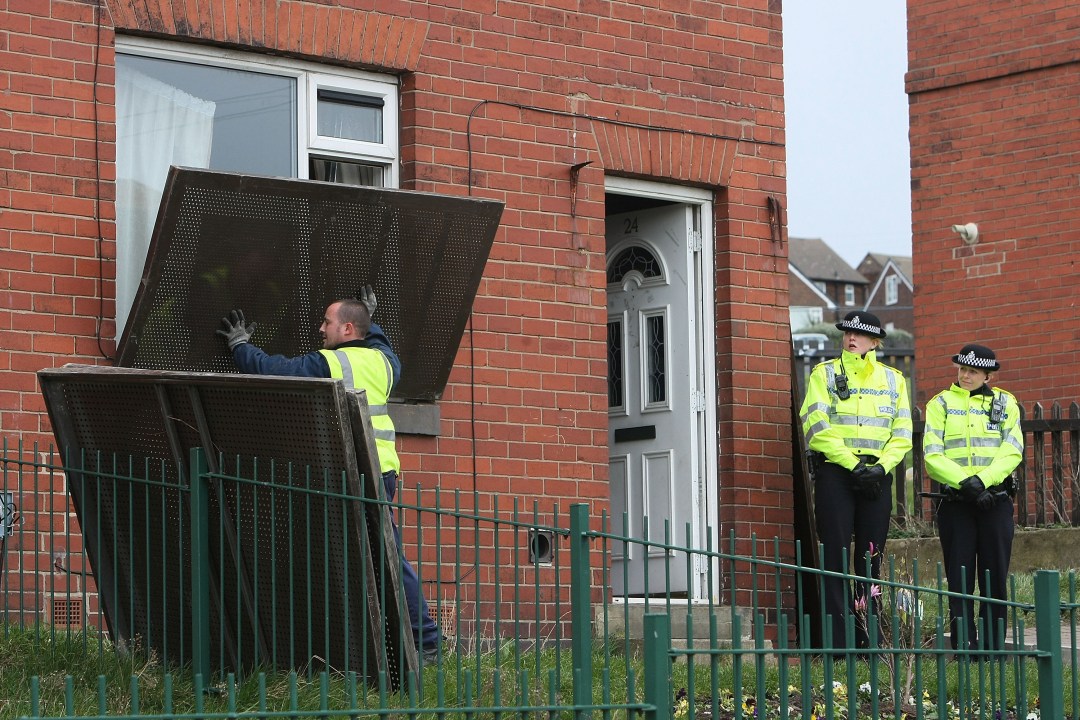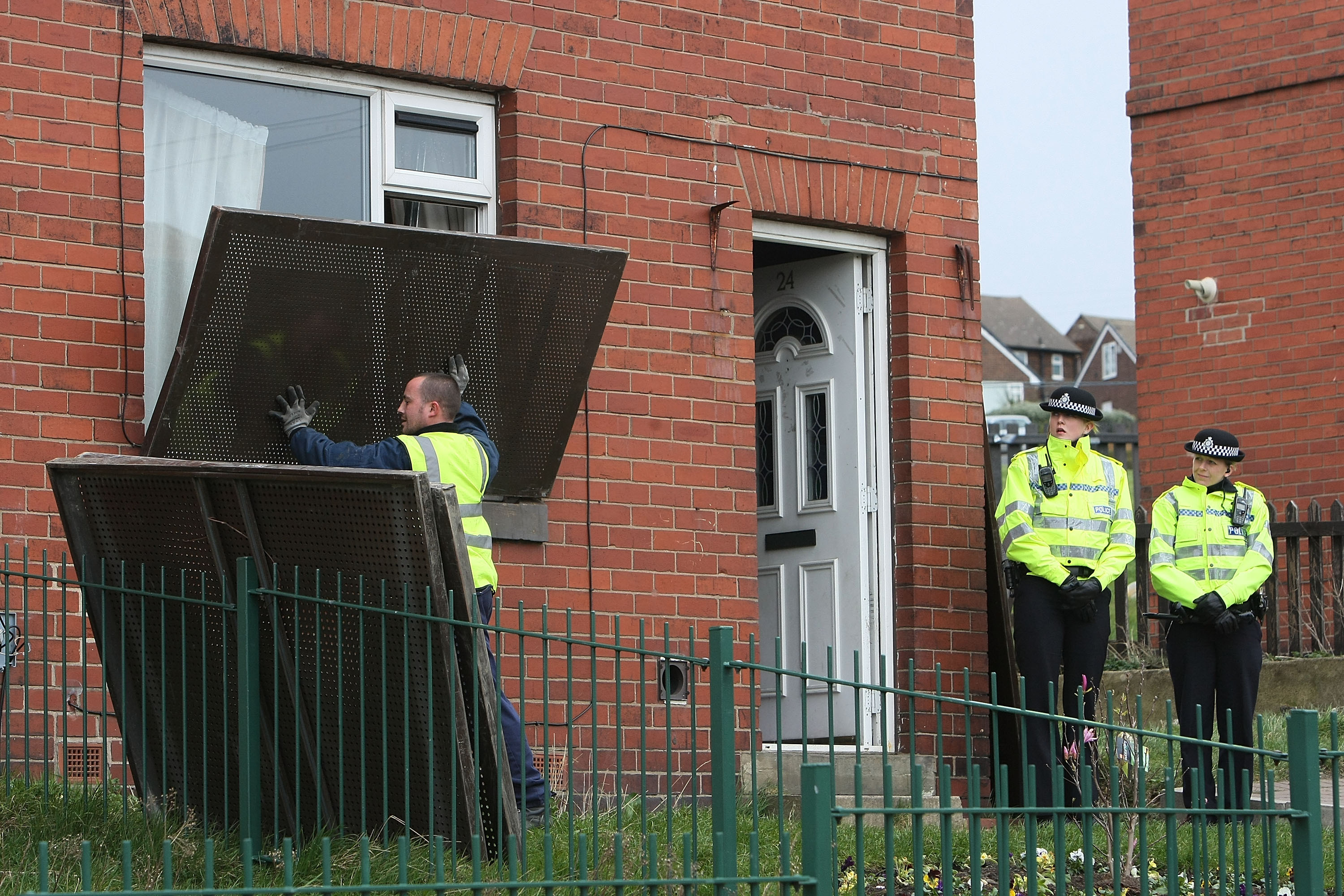 Although I agree with the ultimate conclusion of Yasmin Alibhai-Brown’s column today – that we shouldn’t, as a nation, “blame the outsider,” and that we should work towards greater integration – the tirade she launches before it is astonishing, and not in a good sense:
Although I agree with the ultimate conclusion of Yasmin Alibhai-Brown’s column today – that we shouldn’t, as a nation, “blame the outsider,” and that we should work towards greater integration – the tirade she launches before it is astonishing, and not in a good sense:
“A new government report finds that [the white, working classes] feel “betrayed” and abandoned. Ruined by “ethnic minorities” they cry into their antimacassars and threaten to vote for fascists. The British working classes include people of every shade. But only white grievances matter. Nobody seeks to find out what life is like for the incomers living in the fog of nativist bitterness.
Parliamentarians, the media, even the people who claim to speak for immigrants – such as Baroness Warsi and Trevor Phillips – are flocking to indulge the always-wretched and complaining classes. And so it becomes a matter of honour for me to oppose them. Once again. A foolhardy step. You saw the rush to defend Karen Matthews when her daughter went missing. It was class prejudice, they trilled, until the woman was found guilty of kidnapping her own daughter.
We are thankfully free to question Muslim, Asian, Arab, African, Caribbean, Polish, Lithuanian, Russian behaviour in Britain. And some behave abominably. The British middle and upper classes are rightly fair game. But not the white working classes.
Criticise them and they, who detest PC, bring down the wrath of Alf Garnett on your head. Their culture is proud; they are noble; what they believe – however stupid or vicious – must be awesome. Oh, and they are never to be called racist, not even the scum who drop shit and firebombs through letter boxes of asylum-seekers on estates.”
Of course, there are elements within the white, working classes that are “stupid” and “vicious” – and I think that society does a good job of identifing them as such. But the same is true of any class or grouping; ethnic or otherwise. The key thing to remember is that these elements are often a symptom and result of deeper social and economic problems (hence why crime and extremism rise during times of recession). Fraser has written persuasively on how welfare reform could draw back the kind of society which cultivates tragedies and crimes like that involving Karen Matthews. We must maintain hope that such things are achievable. In the meantime, demonising the white, working classes – or, indeed, any class – in the broad brush-strokes that Alibhai-Brown uses, risks losing that battle before it’s even begun.







Comments